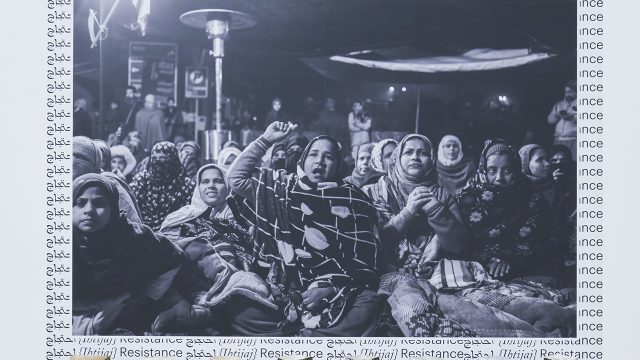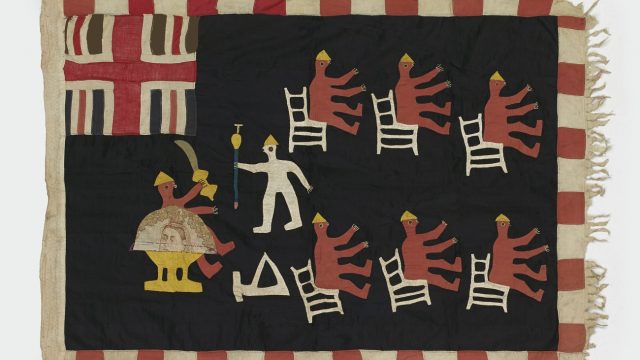The future of care needs professionals who empathise more, who provide personalised journeys of care, and strive to achieve the outcomes that individual patients desire, according to a leading surgeon.
Rod Mountain is a specialist ear, nose and throat surgeon who operates and teaches at Ninewells Hospital in Dundee. He is also championing the role that design, and the creative industries, can play in improving all aspects of care.
“I consider myself as a mature ‘student of design’,” he says, looking to design and other areas of creativity for “helping society completely rethink, reinvent and redesign what is meant by health and social care”.
“Design never works alone,” he adds, stressing “how critical, interdisciplinary collaboration between art, science, engineering, design and the humanities is to future health and social care.”
Film credit: Ashton McGill – ashtonmcgill.com
“Design thinking ushers in a new era of practice where patients, carers, care workers and managers are empowered and treated as equal partners,” Rod says.
“Realising that our major global care challenges can’t be solved by drugs, operations and our current services, I set off on a journey to explore the creative industries.”
There he discovered “a treasure trove of untapped knowledge, skills, tools and the values of social good,” which he believes can help solve the most persistent and complex problems in health and social care. “Design helps us solve the problems that just won’t go away,” Rod adds.
Within Dundee he points to multiple areas of design excellence – from product and service design, to the design of digital technology, gaming, engineering and education resources. “Co-design is our Dundee and wider Scottish intellectual property!”
“All health and care products, services and environments are designed by human beings to provide care for other human beings,” Rod adds. “Co-design is a no-brainer, it can really make a society function better.”
“Many services provide good health and social care for the well-off, but unfortunately often pay little genuine attention to the care needs of those suffering the consequences of socio-economic deprivation or physical and mental disability.”

In Scotland he sees a positive future, including the Chief Medical Officer’s recent report Realistic Medicine which challenges the idea that “the doctor knows best” and encourages “more empathic ways of working”, shared decision-making between care professionals and patients, and a push to genuinely personalise journeys of care, based on the outcomes that patients and carers value.
“As a surgeon, it is easy to describe the benefits of great medical product design, the stuff we use to do our jobs,” he says. “It is far more challenging to redesign services.”
Many care systems and environments “are not designed with the patient, worker or manager in mind”, ignoring the complex emotional experiences of each important group.
“Design really matters most to our citizens suffering the health consequences of social inequality,” Rod adds, noting his excitement about V&A Dundee opening – and being able to take family and friends to visit. “I want them to meet creative people, see and hear the future, and feel that they too can design a better future together with other people!”
We’re very proud to welcome Rod into our group of Design Champions, recognising his commitment to using design to rethink how healthcare works – and who it works for.
To find out more, connect with Rod on Twitter or LinkedIn.
The V&A Dundee Design Champions are inspirational designers creating high-quality work and helping to enhance people’s lives, or champions of the power of design to improve the world.
We will announce 50 Design Champions in the run-up to the museum opening on Saturday 15 September 2018.
V&A Dundee’s Design Champions project is working with Dezeen as its media partner.
Dezeen is the world’s most popular and influential architecture and design magazine, with an audience of 2.5 million unique visitors each month.


